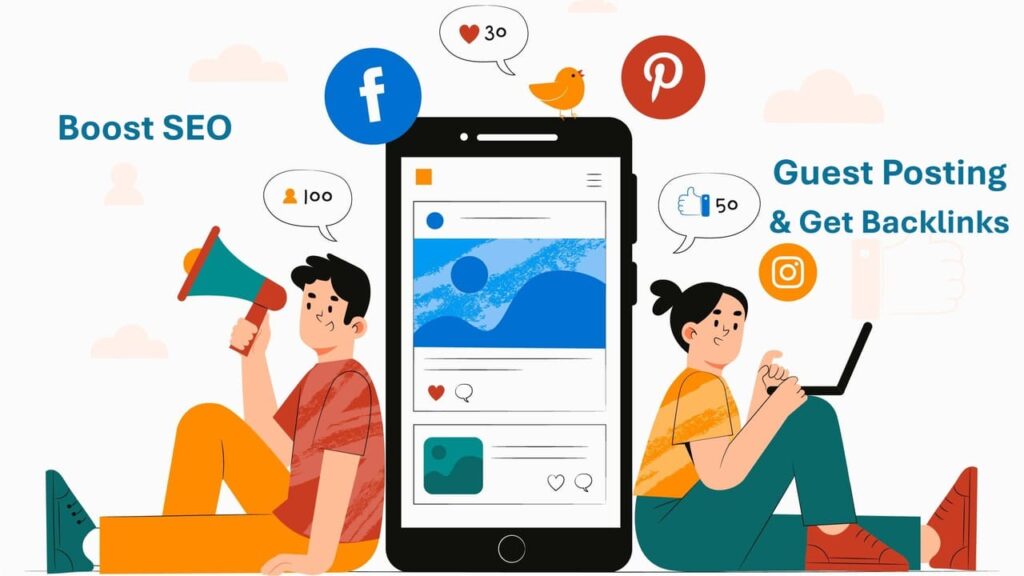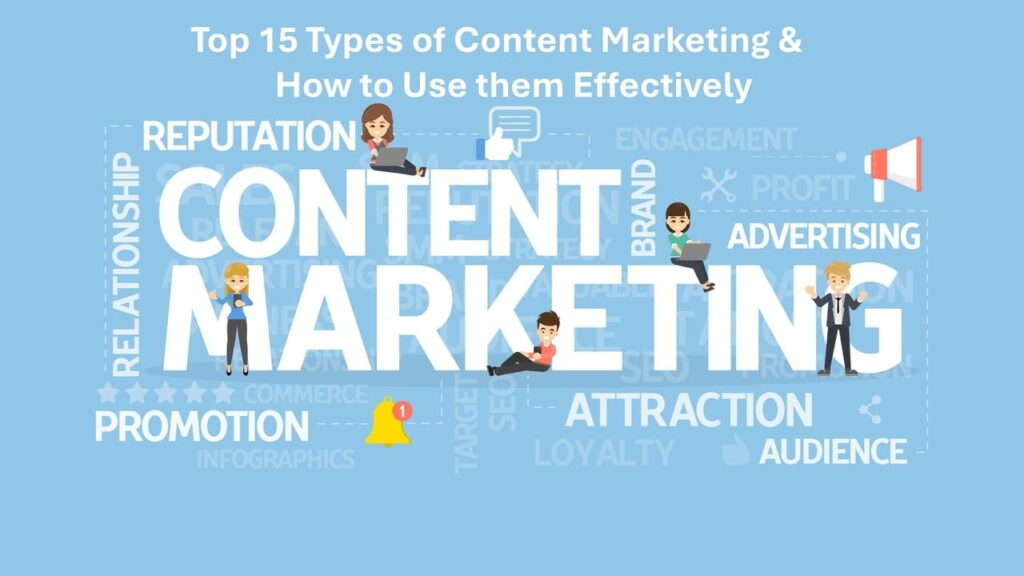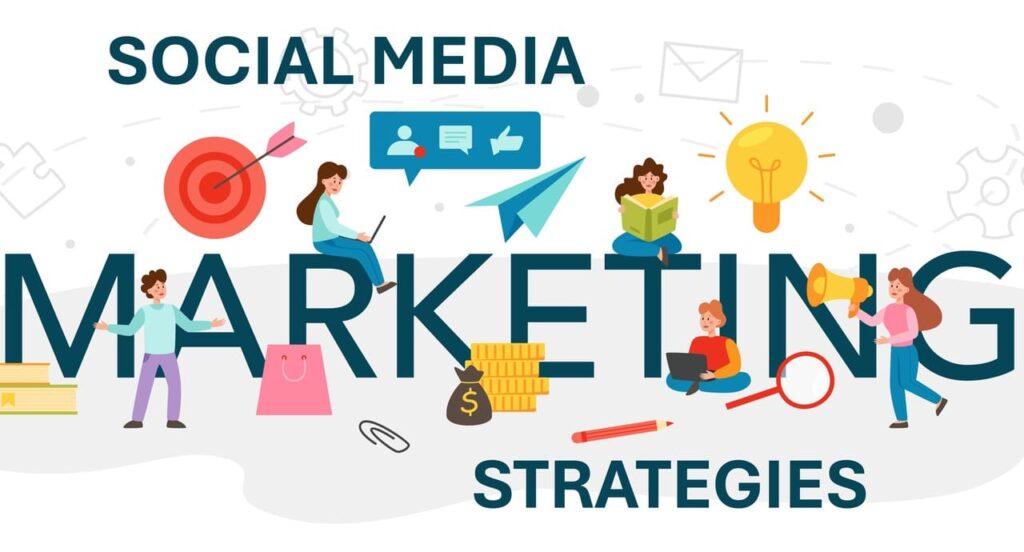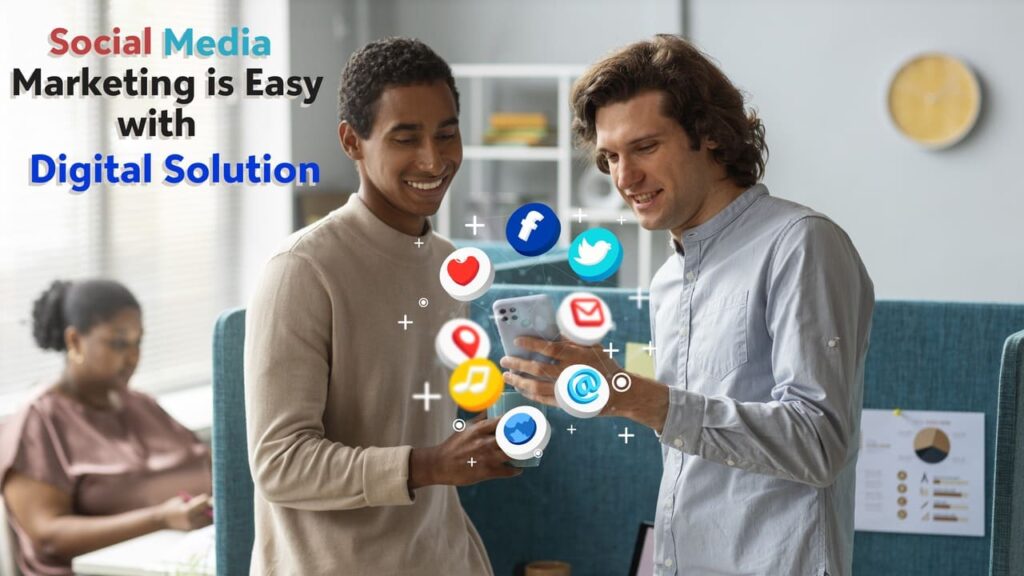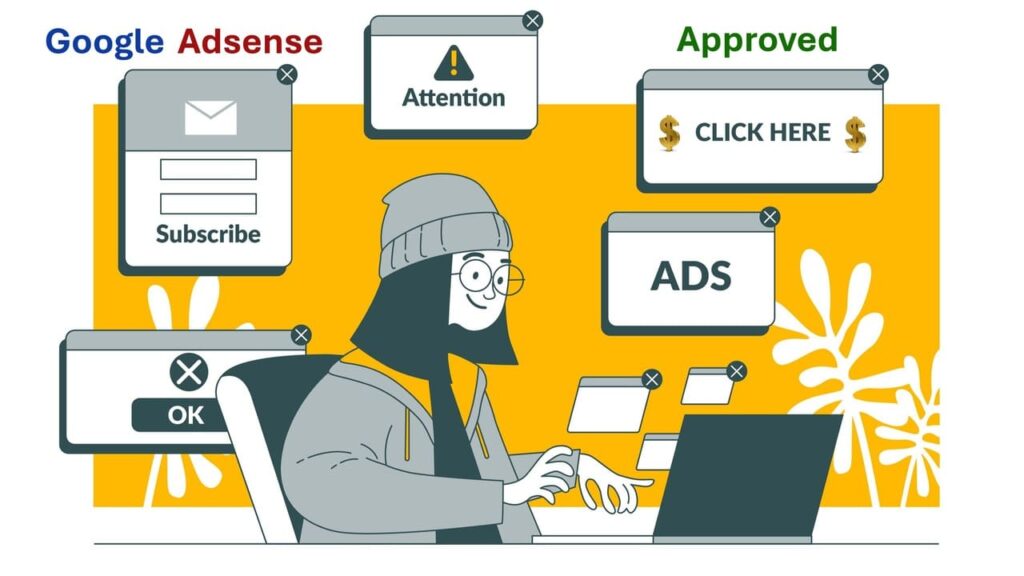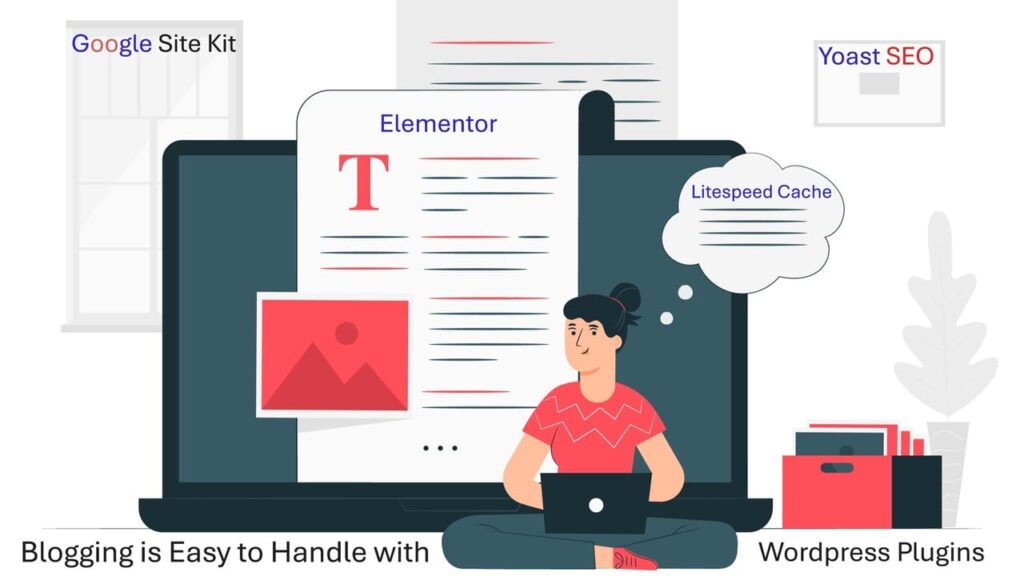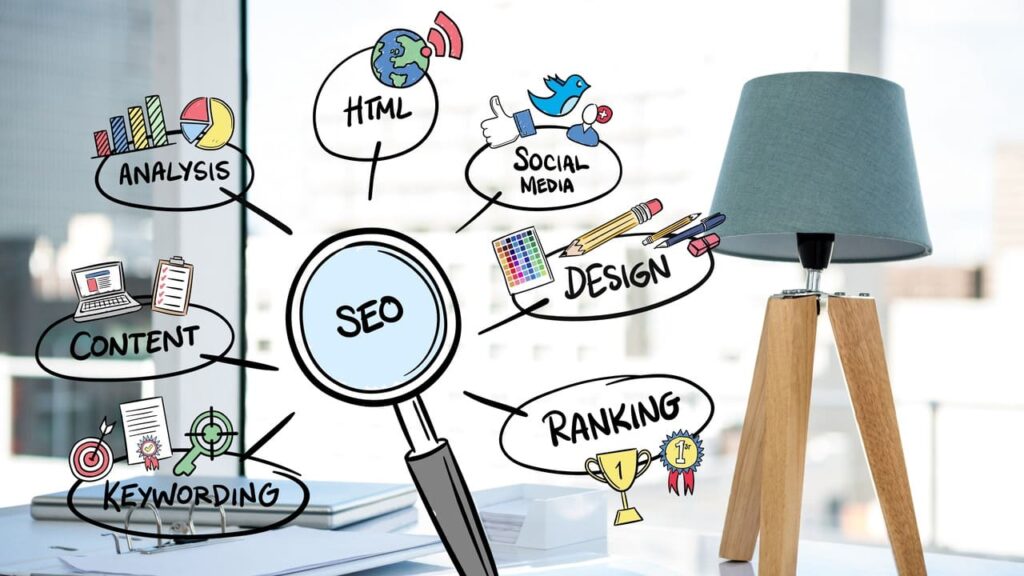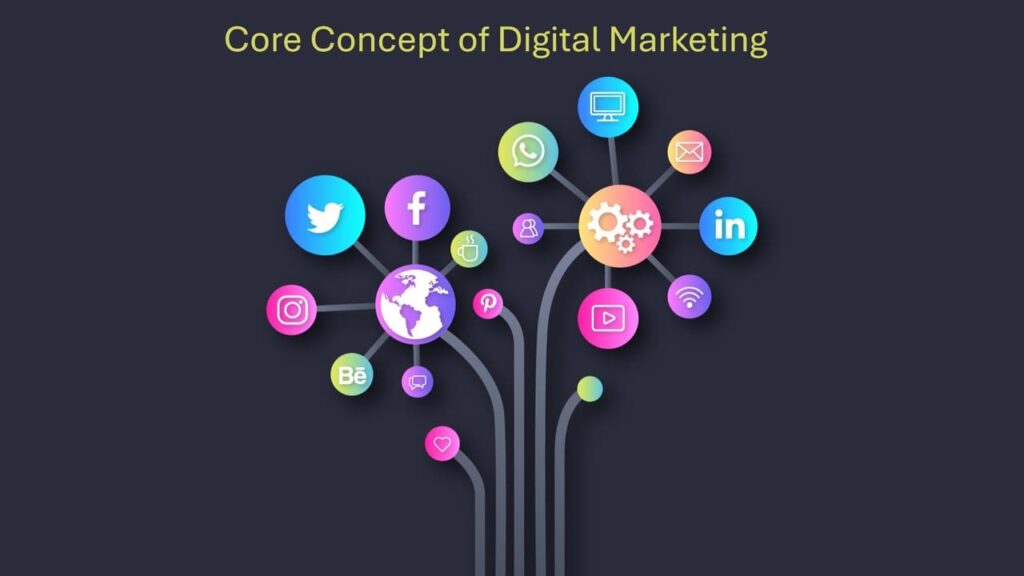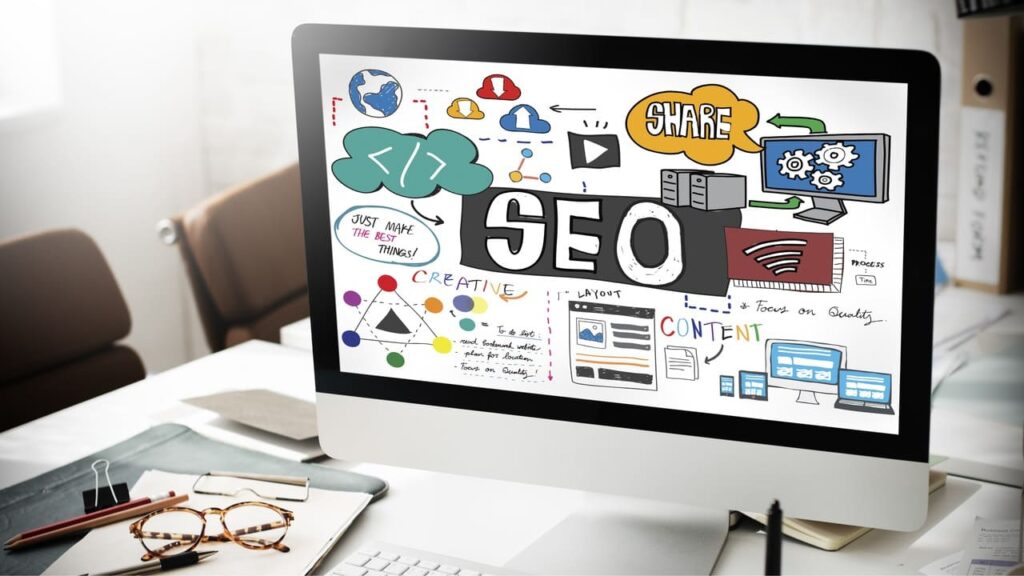
Introduction
What is Content Marketing?
Content marketing is all about creating and sharing valuable, relevant, and consistent content to attract and retain a clearly defined audience and ultimately, to drive profitable customer actions. In simpler words, it’s storytelling with a purpose. Whether it’s a blog, video, or podcast, content marketing aims to inform, entertain, or educate while nudging the audience closer to conversion.
Table of Contents
Why It’s More Relevant Than Ever in 2025
Fast-forward to 2025, and content marketing has evolved from a nice-to-have to a must-have strategy. With ad fatigue, smarter search engines, and highly aware users, only well-crafted, purposeful content wins. People trust content more than cold ads, and search engines reward quality content with higher rankings.
The Evolution of Content Marketing
From Traditional Ads to Digital Domination
Gone are the days when billboards and TV commercials ruled. Now, buyers search, compare, and educate themselves before making decisions. Content became the new salesperson available 24/7.
Key Milestones Over the Years
- 2010s: Blogging and SEO exploded.
- 2020: Video and social media began to dominate.
- 2023–2024: AI started revolutionizing creation and personalization.
- 2025: Interactive, personalized, and AI-driven content rules.
Types of Content Marketing in 2025
Blog Posts and Articles
Still powerful, but now heavily optimized for user intent, semantic search, and AI recommendations.
Video Marketing
YouTube Shorts, Reels, and TikTok dominate with snackable content. Tutorials and explainer videos are gold.
Podcasts and Audio Content
Audio is big. Commuters, multitaskers, and Gen Z love it. Brands now host their own podcast channels.
Social Media Content
Stories, threads, polls, memes — it’s all about micro-content that grabs fast attention.
Infographics and Visuals
Great for simplifying data and getting shares. Static is fine; animated infographics are better.
Interactive Content
Quizzes, calculators, polls — engaging and share-worthy.
AI-Generated Content
GPT-style tools are now mainstream. But originality and human editing still matter.
How Content Marketing Works
The Content Market Funnel
Think of it like dating — you don’t propose on the first meet.
Awareness Stage
The goal is visibility. Think blogs, social media posts, videos.
Consideration Stage
Here, users want answers. Think webinars, case studies, whitepapers.
Decision Stage
Now you push. Think testimonials, comparisons, and demos.
Loyalty Stage
Keep them hooked. Think newsletters, community engagement, exclusive content.
Benefits of Content Marketing in 2025
Builds Trust and Authority
People trust experts, not salespeople. Valuable content positions you as an authority.
Increases Organic Traffic
Search engines love high-quality content. It drives steady, compounding traffic.
Boosts Conversions
Content warms up leads. Educated buyers convert better.
Improves SEO Rankings
Google’s RankBrain and helpful content updates love depth, relevance, and engagement.
Supports Omnichannel Strategies
Content can be reused across platforms: blog → video → email → social post.
Enhances Customer Retention
Ongoing content keeps your brand in their mind and hearts.
Content Marketing vs. Traditional Marketing
| Factor | Content Marketing | Traditional Marketing |
|---|---|---|
| Cost | Lower | Higher |
| Engagement | Two-way | One-way |
| Longevity | Evergreen | Short-term |
| Measurable | Yes | Partially |
SEO and Content Marketing in 2025
Semantic Search and User Intent
It’s not just keywords anymore — it’s meaning, context, and relevance.
Voice Search Optimization
“Hey Google” content is now normal. Conversational tone is key.
Google’s AI Algorithms and Content Quality
Quality content > keyword-stuffed content. Engagement, E-E-A-T, and clarity matter more than ever.
Role of AI in Content Marketing
AI Writing Tools and Content Generation
Tools like ChatGPT, Jasper, and Copy.ai are content assistants, not replacements.
AI-Powered Analytics and Personalization
AI helps deliver the right content to the right user at the right time.
Predictive Content Strategy
AI predicts trends, monitors competitors, and even suggests topics before they trend.
How to Create a Successful Content Marketing Strategy
Define Clear Goals
Awareness? Leads? Sales? Know your “why.”
Know Your Audience
Create buyer personas, dig into pain points, and match content to their needs.
Keyword Research & Topic Clustering
Don’t chase random keywords. Build topical authority with clusters.
Content Calendar Planning
Organize, schedule, and stay consistent.
Promotion & Distribution
“Create once, distribute forever.” Email, social, repurpose.
Best Platforms for Content Marketing in 2025
- LinkedIn – B2B goldmine.
- YouTube – Visual search engine.
- Instagram Reels & TikTok – Short-form, snackable, viral.
- Medium & Substack – Long-form thought leadership.
- Podcasts – Brand voice in people’s ears.
Measuring the Success of Content Marketing
Key Performance Indicators (KPIs)
- Traffic
- Time on Page
- Bounce Rate
- Conversion Rate
- Engagement (shares/comments)
Analytics Tools to Use
- Google Analytics 4
- HubSpot
- SEMrush
- Ahrefs
- Hotjar (for heatmaps)
Case Studies and Real-Life Examples
B2B SaaS Company
A CRM software company tripled traffic using blog tutorials and LinkedIn case studies.
Personal Branding Case
A fitness coach grew to 200K followers using short-form videos and free guides.
E-commerce Store Example
An online clothing store boosted conversions 40% with fashion tips blog + influencer video collabs.
The Future of Content Market Beyond 2025
Hyper-Personalized Content
AI will tailor content to each individual based on behavior, not just demographics.
Augmented Reality and Immersive Content
Try-on tools, 3D models, and AR storytelling will become standard.
Decentralized Content Platforms (Web3)
Blockchain-based content sharing may give creators more ownership and reward systems.
Conclusion
In 2025, content market isn’t just a digital strategy — it’s the heartbeat of brand communication. It’s how businesses build relationships, trust, and long-term success. With the right tools, creativity, and strategy, it can take your brand from invisible to irresistible.
FAQs
1. What is the main purpose of content marketing?
To educate, engage, and convert audiences by offering value instead of just selling.
2. How is AI changing content market?
AI helps with content creation, personalization, analytics, and predicting trends — making strategies smarter and more scalable.
3. Can small businesses benefit from content market?
Absolutely! It levels the playing field and helps small brands compete with big names through smart, valuable content.
4. How long does it take to see results?
Typically, 3–6 months for SEO traction, but consistency and quality speed things up.
5. What are the most effective types of content in 2025?
Short-form videos, interactive posts, helpful blog content, and personalized emails top the list.

